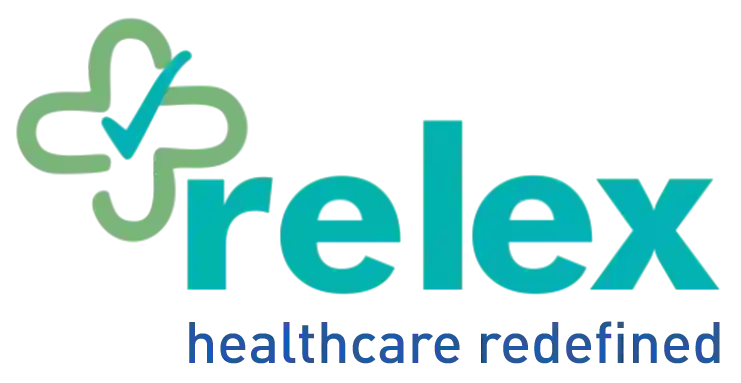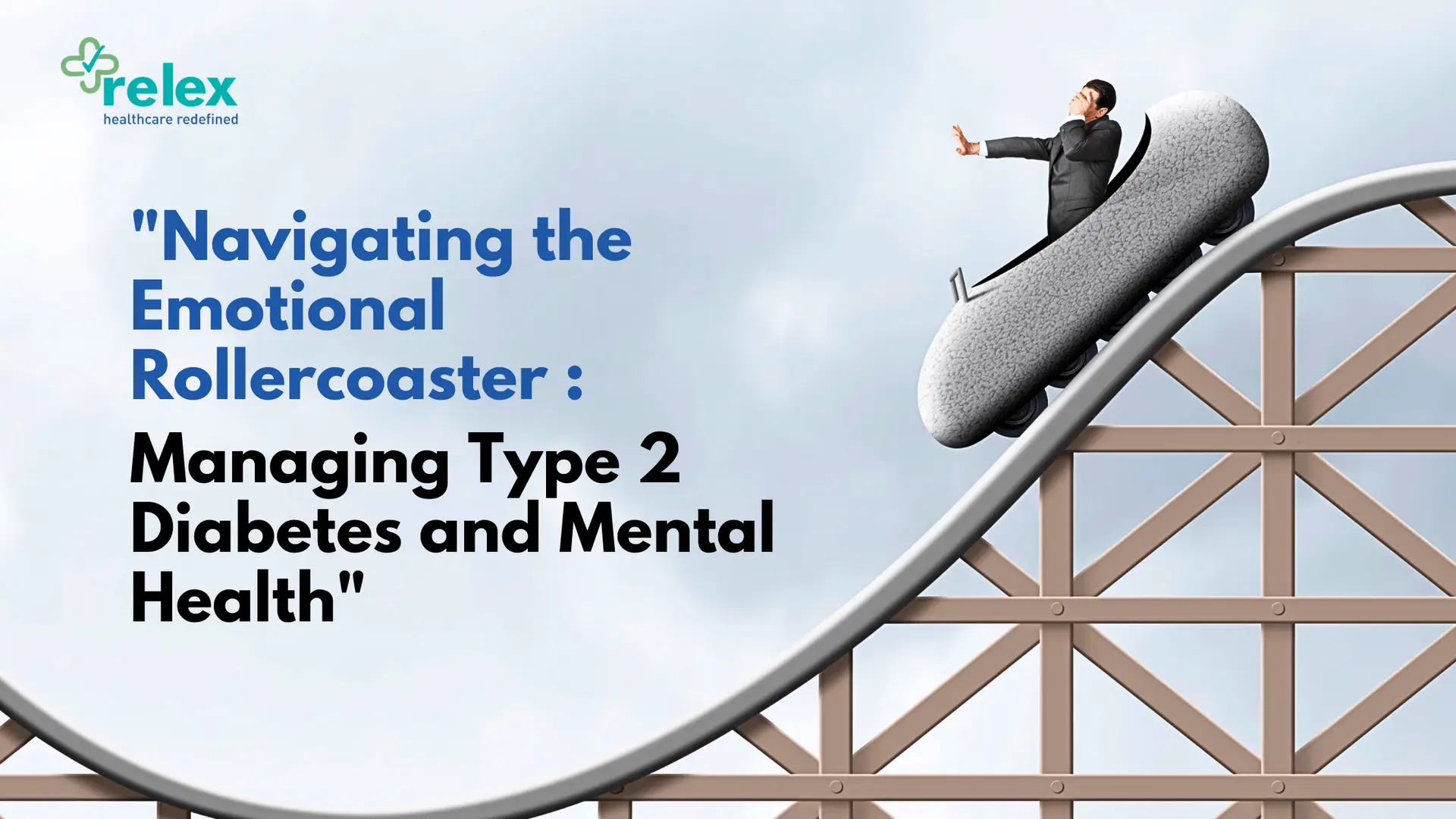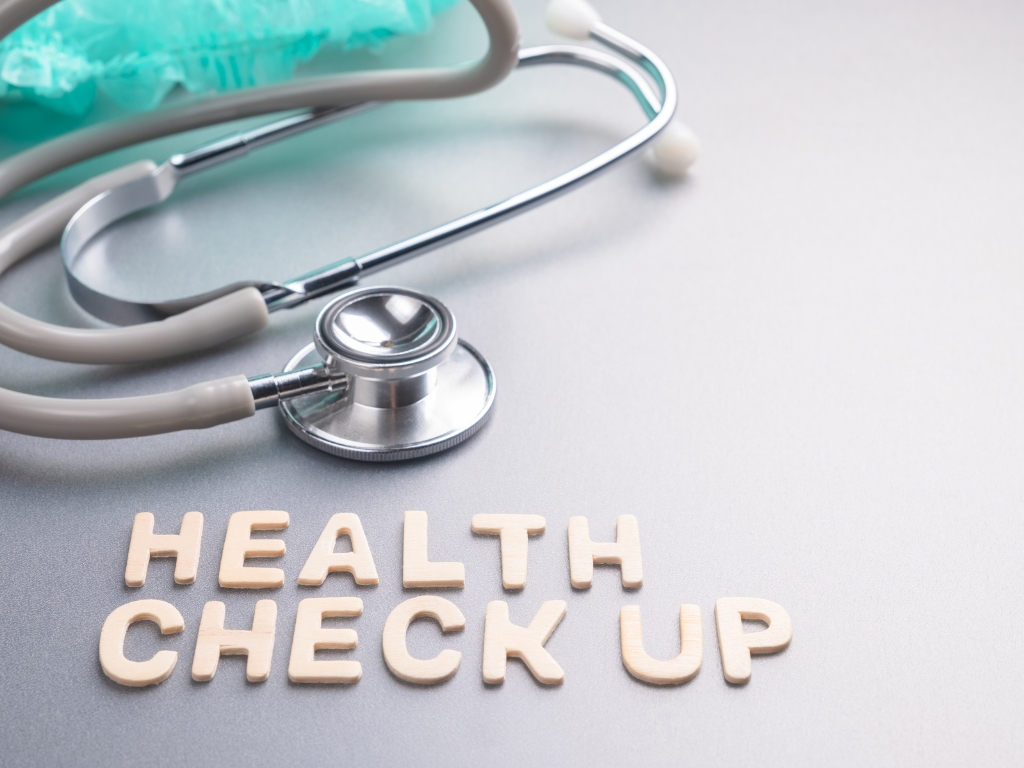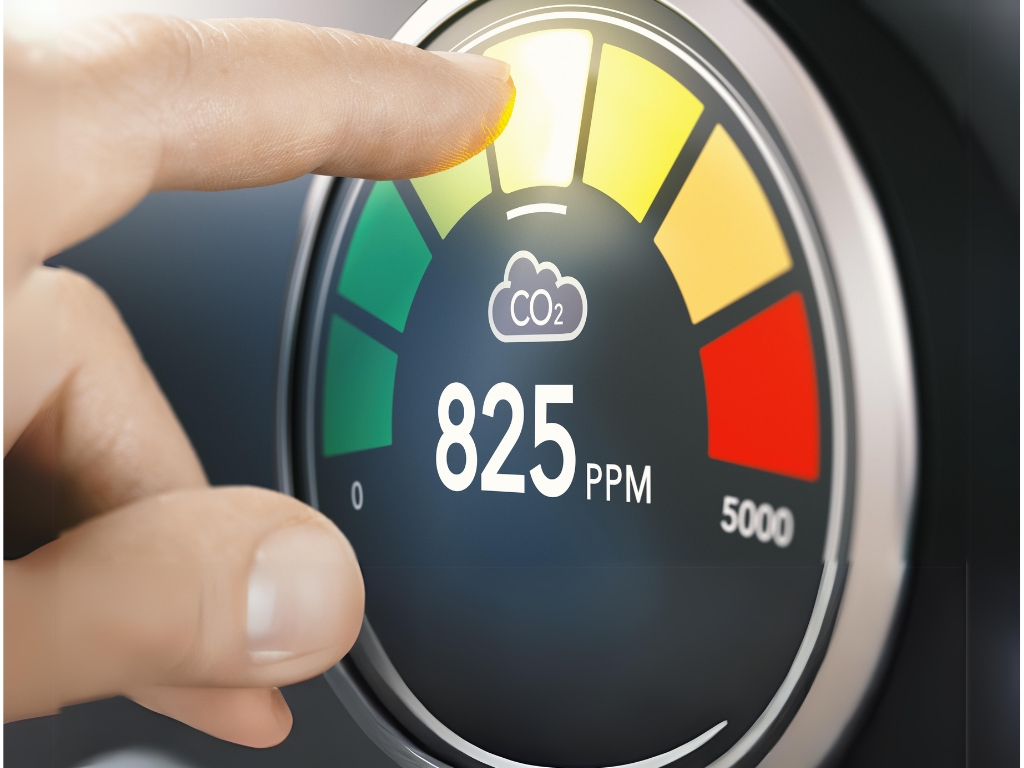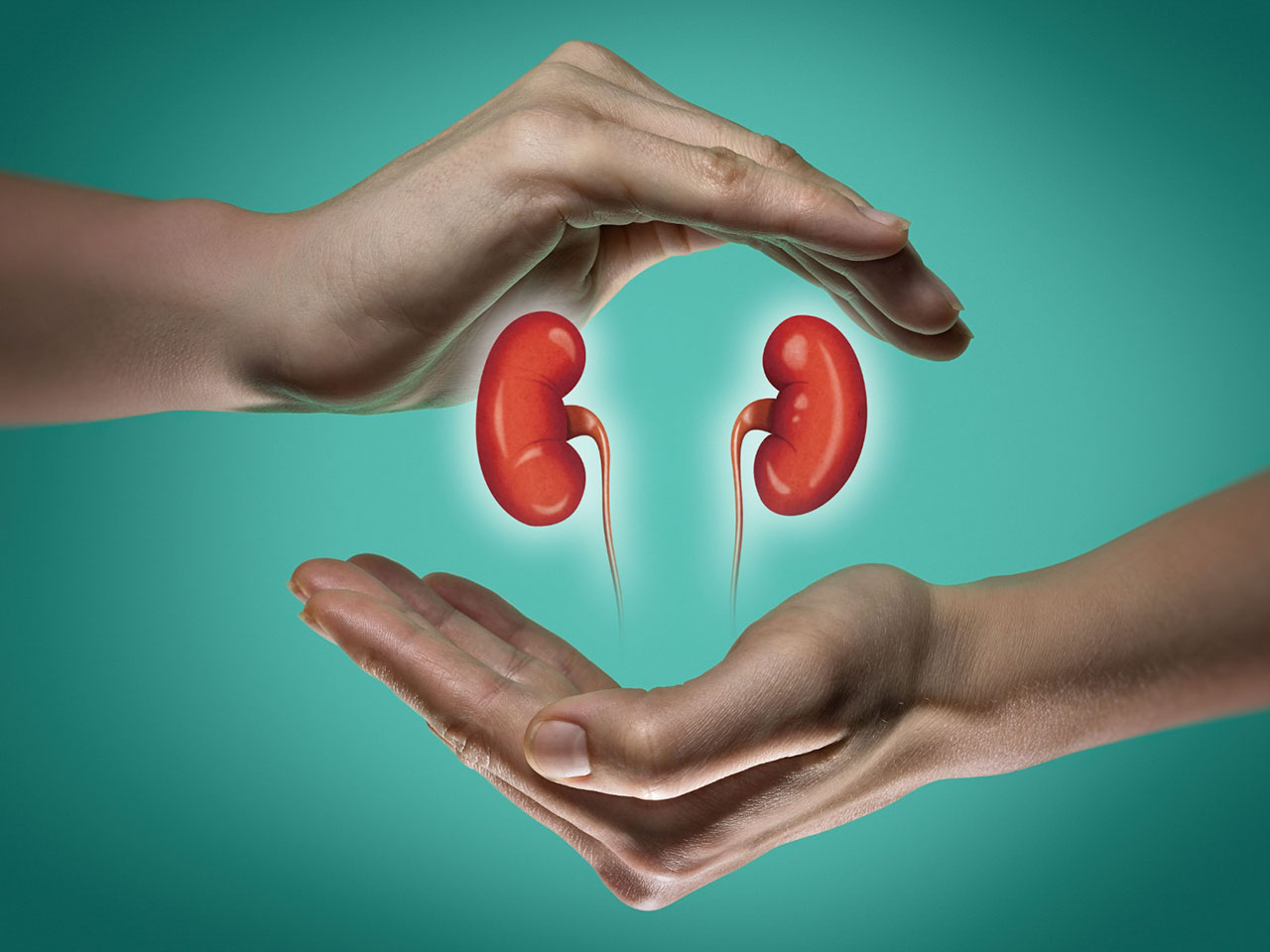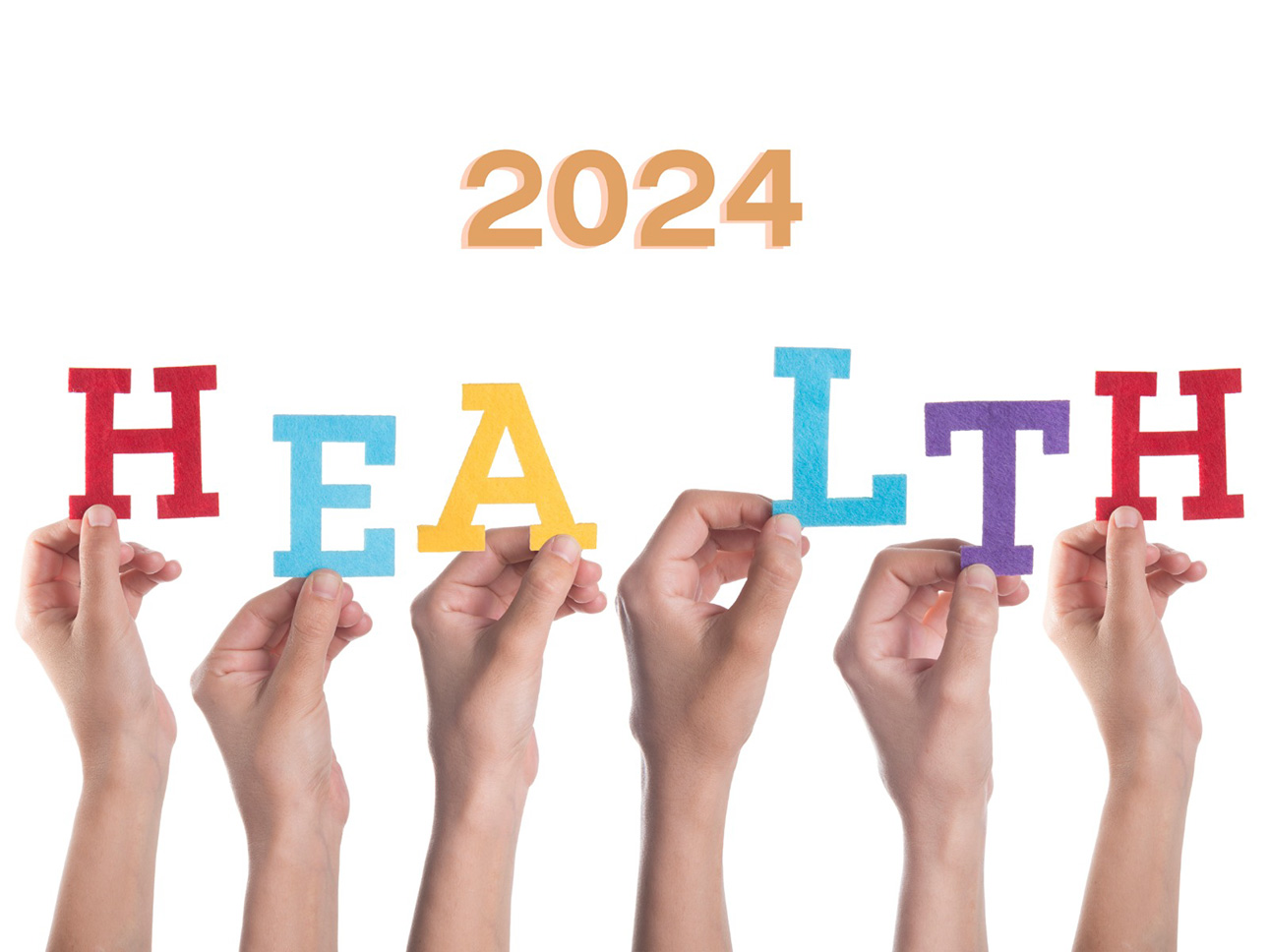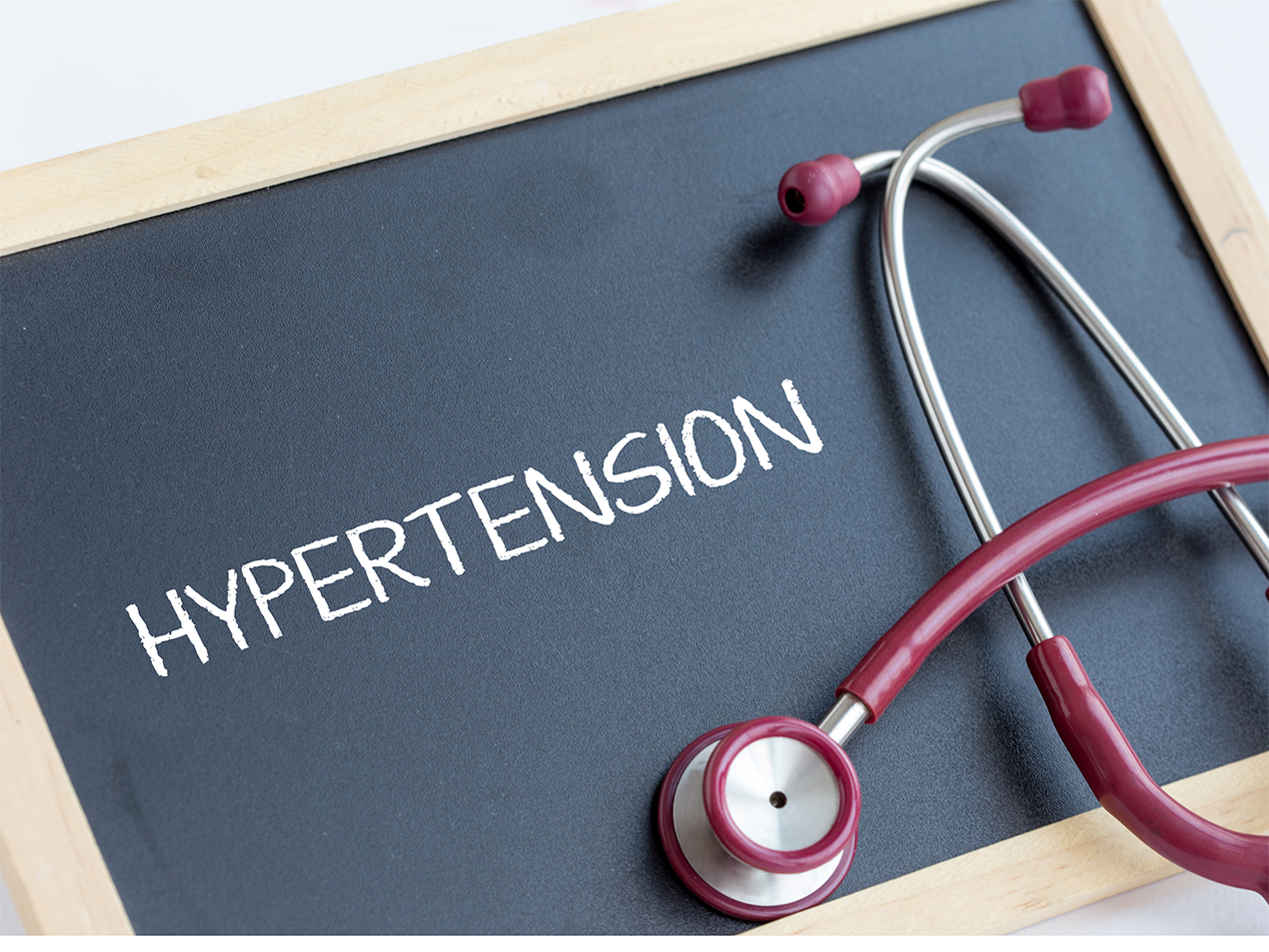Introduction to Hypertension
Definition of Hypertension
Hypertension, commonly known as high blood pressure, is a chronic medical condition characterized by elevated blood pressure levels in the arteries. It is typically diagnosed when blood pressure consistently measures above 130/80 mmHg.
Prevalence and Impact on Global Health
Hypertension is a widespread health concern globally, affecting millions of individuals. According to the World Health Organization, hypertension is a leading cause of cardiovascular diseases and premature death worldwide.
Importance of Managing Hypertension for Overall Health
Effectively managing hypertension is crucial for reducing the risk of heart disease, stroke, and other serious health complications. By controlling blood pressure levels through lifestyle modifications and medication, individuals can significantly improve their overall health and well-being. World Health Organization
Understanding Blood Pressure Readings
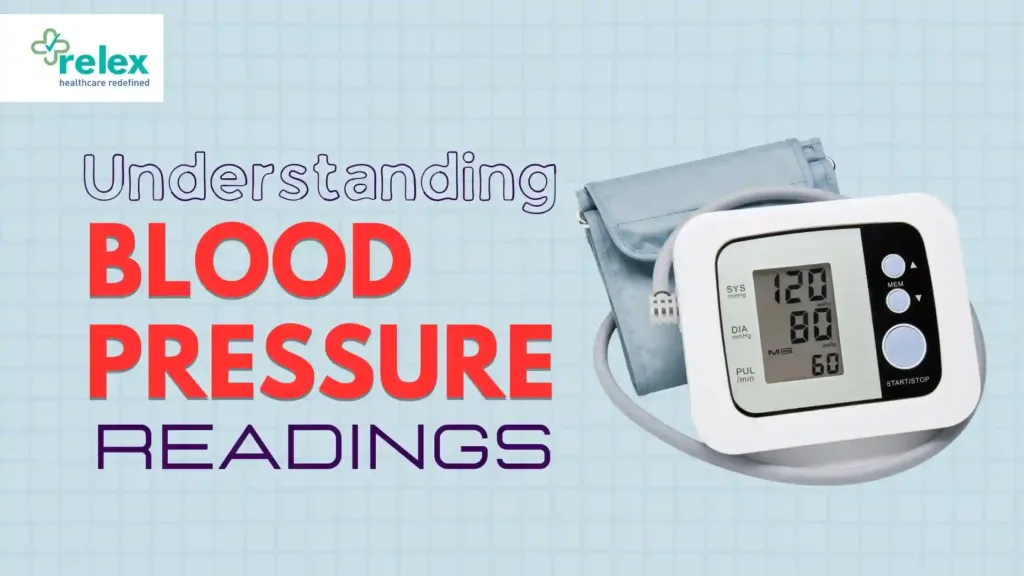
Explanation of Systolic and Diastolic Pressure
Systolic pressure represents the force when the heart contracts, pushing blood into the arteries. Diastolic pressure is the pressure in the arteries when the heart rests between beats. Together, they form your blood pressure reading, like 120/80 mmHg.
Normal Blood Pressure Ranges
A healthy blood pressure reading typically falls below 120/80 mmHg. Elevated blood pressure ranges from 120-129/
80 mmHg, while hypertension stages range from Stage 1 (130-139/80-89 mmHg) to Stage 2 (≥140/≥90 mmHg).
Stages of Hypertension and Their Implications
In the early stages, hypertension may not cause noticeable symptoms but can lead to serious health issues over time. Consistent monitoring and management are crucial to prevent complications.
Source
Risk Factors and Causes
Common Risk Factors for Hypertension
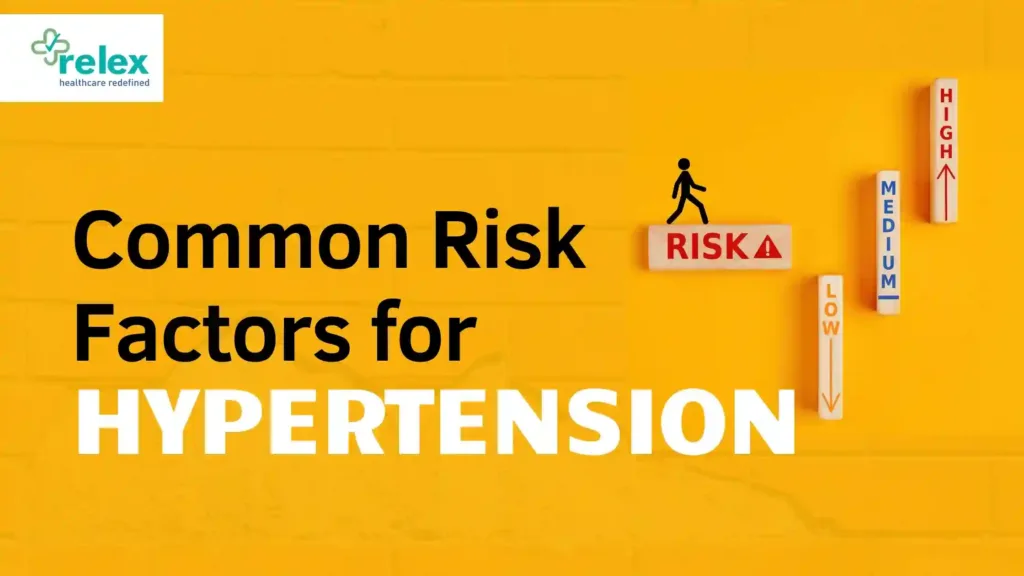
- Age: As we age, the risk of hypertension increases. It is more common in adults over 65.
- Family History: Genetics play a significant role. If family members have hypertension, you may be at higher risk.
- Obesity: Being overweight or obese puts extra pressure on your heart and blood vessels, leading to hypertension.
Lifestyle Choices Contributing to High Blood Pressure
- Poor Diet: Excessive salt, processed foods, and low potassium intake can elevate blood pressure.
- Sedentary Lifestyle: Lack of physical activity can contribute to weight gain and high blood pressure.
- Smoking and Alcohol: Tobacco and excessive alcohol consumption can raise blood pressure levels.
Genetic and Environmental Factors
While genetics can predispose individuals to hypertension, environmental factors like stress, lack of sleep, and exposure to pollution can also impact blood pressure levels.
Diagnosis and Monitoring
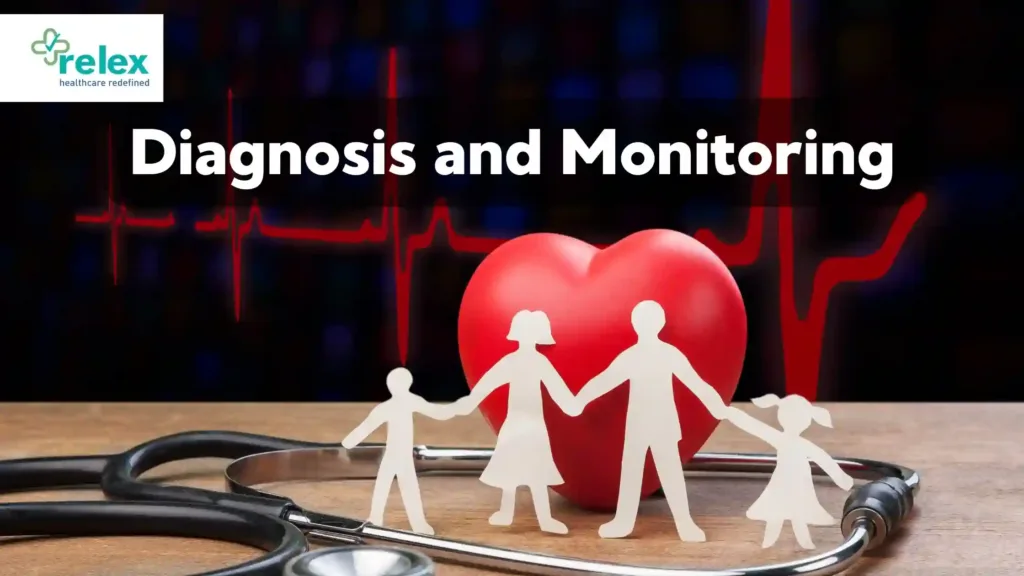
Methods for Diagnosing Hypertension
Diagnosing hypertension typically involves measuring blood pressure during routine check-ups. Healthcare providers use a blood pressure cuff and stethoscope or automatic blood pressure monitor to determine your readings. If initial readings are high, further monitoring over time may be needed to confirm a diagnosis.
Importance of Regular Blood Pressure Checks
Regular blood pressure checks are crucial in monitoring your health. By keeping track of your blood pressure, you and your healthcare team can identify any fluctuations early on and adjust your treatment plan accordingly. Consistent monitoring helps prevent complications associated with uncontrolled hypertension.
Home Monitoring Techniques and Devices
Home monitoring devices offer convenience and allow for more frequent blood pressure checks. They provide valuable data for your healthcare provider to assess your condition between office visits. Remember to follow the guidelines provided by your healthcare team for accurate measurements.
Lifestyle Modifications
Dietary Changes to Lower Blood Pressure
Eating a balanced and heart-healthy diet plays a crucial role in managing hypertension. Emphasize foods rich in potassium, such as bananas and leafy greens, to help regulate blood pressure. Reduce sodium intake by avoiding processed and high-salt foods. Opt for whole grains, lean proteins, and plenty of fruits and vegetables. Incorporate heart-healthy fats like those found in avocados and nuts. Remember, small changes in your diet can lead to significant improvements in blood pressure levels.
Exercise Recommendations for Hypertension Management
Regular physical activity is essential for controlling blood pressure. Aim for at least 150 minutes of moderate-intensity exercise per week. Activities like brisk walking, swimming, or cycling can help lower blood pressure and improve overall cardiovascular health. Strength training exercises, such as lifting weights, can also be beneficial. Consult your healthcare provider before starting any new exercise routine.
Stress Reduction Techniques
Chronic stress can contribute to high blood pressure. Engage in stress-reducing activities like yoga, meditation, deep breathing exercises, or spending time in nature. Prioritize self-care and relaxation to help manage stress levels. Support groups, therapy, or hobbies can also be effective in reducing stress and improving overall well-being.
Medication Management
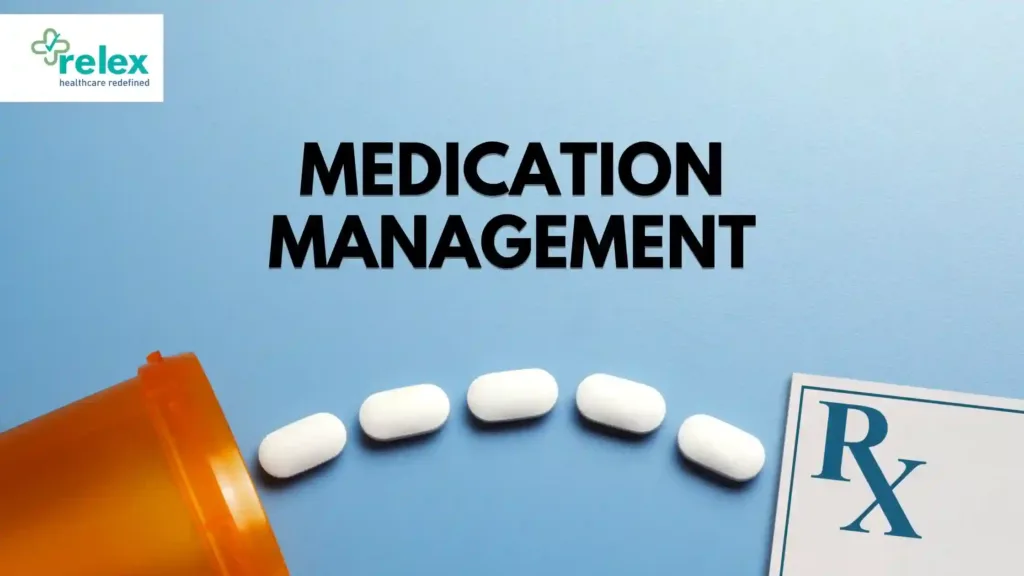
Overview of Common Antihypertensive Medications
Antihypertensive medications play a crucial role in managing high blood pressure. They are often used in conjunction with lifestyle modifications to achieve optimal blood pressure control. Common classes of antihypertensive drugs include diuretics, ACE inhibitors, ARBs, calcium channel blockers, and beta-blockers. Each class works differently to lower blood pressure by targeting specific mechanisms in the body. It’s essential to work closely with your healthcare provider to determine the most suitable medication based on your individual health needs and any underlying conditions.
Importance of Medication Adherence
Adhering to your prescribed medication regimen is vital for effectively managing hypertension. Consistent and timely intake of antihypertensive medications helps maintain stable blood pressure levels and reduces the risk of complications. Skipping doses or discontinuing medication without consulting your healthcare provider can lead to uncontrolled hypertension and potential health risks. Remember, medication adherence is key to achieving long-term blood pressure control and overall well-being.
Potential Side Effects and How to Manage Them
Like all medications, antihypertensive drugs may cause side effects in some individuals. Common side effects can include dizziness, fatigue, cough, and electrolyte imbalances. It’s important to communicate any adverse effects to your healthcare provider promptly. They can adjust your medication dosage or switch to a different drug to minimize side effects while maintaining effective blood pressure control. Open dialogue with your healthcare team is essential for addressing any concerns and optimizing your treatment plan.
Source
Complications of Uncontrolled Hypertension
Cardiovascular Risks Associated with Hypertension
Uncontrolled hypertension poses significant risks to cardiovascular health. Consistently high blood pressure puts strain on the heart and blood vessels, increasing the likelihood of heart attacks, strokes, and other cardiovascular diseases. The heart must work harder to pump blood, leading to thickened heart muscles and potential heart failure. Over time, this can result in damage to the arteries, increasing the risk of atherosclerosis, where plaque buildup restricts blood flow and can cause a heart attack or stroke.
Organ Damage Caused by Prolonged High Blood Pressure
Prolonged uncontrolled hypertension can damage vital organs throughout the body. The increased pressure within blood vessels can harm the kidneys, potentially leading to chronic kidney disease or even kidney failure. Moreover, untreated hypertension can damage the eyes, causing vision problems or even blindness. Additionally, blood vessel damage from high blood pressure can impact the brain, increasing the risk of cognitive decline, dementia, and stroke.
Importance of Prevention through Proper Management
Preventing the complications of uncontrolled hypertension is crucial for maintaining overall health and quality of life. Effective management strategies, including lifestyle modifications and medication adherence, play a pivotal role in controlling blood pressure levels and reducing the associated risks. By working closely with healthcare providers, following personalized treatment plans, and prioritizing regular check-ups and monitoring, individuals can significantly lower the chances of experiencing severe complications related to uncontrolled hypertension. Source
Working with Your Healthcare Team
Importance of Regular Check-Ups
Regular check-ups are crucial in managing hypertension effectively. These appointments allow your healthcare team to monitor your blood pressure levels, assess your overall health, and make necessary adjustments to your treatment plan. By attending regular check-ups, you enable your doctor to detect any changes in your condition early on, preventing potential complications. Remember, consistency in monitoring is key to maintaining optimal blood pressure control.
Communicating Effectively with Your Doctor
Open and honest communication with your doctor is essential for successful hypertension management. Be sure to discuss any concerns, symptoms, or side effects you may be experiencing. Your doctor can provide valuable insights, address your questions, and tailor your treatment plan to suit your individual needs. Remember, your doctor is there to support you on your journey to better health.
Developing a Personalized Treatment Plan
Collaborating with your healthcare team to develop a personalized treatment plan is essential for long-term blood pressure control. This plan may include lifestyle modifications, medication regimens, and monitoring schedules tailored to your unique health profile. By actively participating in the development of your treatment plan, you take an important step towards achieving optimal health outcomes.
Long-term Management and Outlook
Strategies for Maintaining Blood Pressure Control
Consistent Monitoring:
- Regularly monitor your blood pressure at home or through healthcare providers to track changes.
- Adjust lifestyle habits and medication according to blood pressure readings and healthcare provider recommendations.
Healthy Lifestyle Choices:
- Adopt a heart-healthy diet rich in fruits, vegetables, whole grains, and lean proteins.
- Incorporate regular physical activity into your routine, aiming for at least 150 minutes of moderate exercise per week.
- Practice stress-reducing techniques such as yoga, meditation, or deep breathing exercises.
Adjusting Lifestyle and Treatment Over Time
Personalized Approach:
- Work closely with your healthcare team to tailor your treatment plan based on your individual needs and responses.
- Periodically review your progress and make adjustments as necessary to optimize blood pressure control.
Positive Outcomes of Successful Hypertension Management
Improved Quality of Life:
- Effective management of hypertension can reduce the risk of heart disease, stroke, and other complications.
- Enhanced overall well-being and longevity by maintaining healthy blood pressure levels.
Closely monitoring blood pressure, making sustainable lifestyle changes, and collaborating with your healthcare team are key components of long-term hypertension management. By staying proactive and committed to your health, you can achieve positive outcomes and enjoy an improved quality of life.
